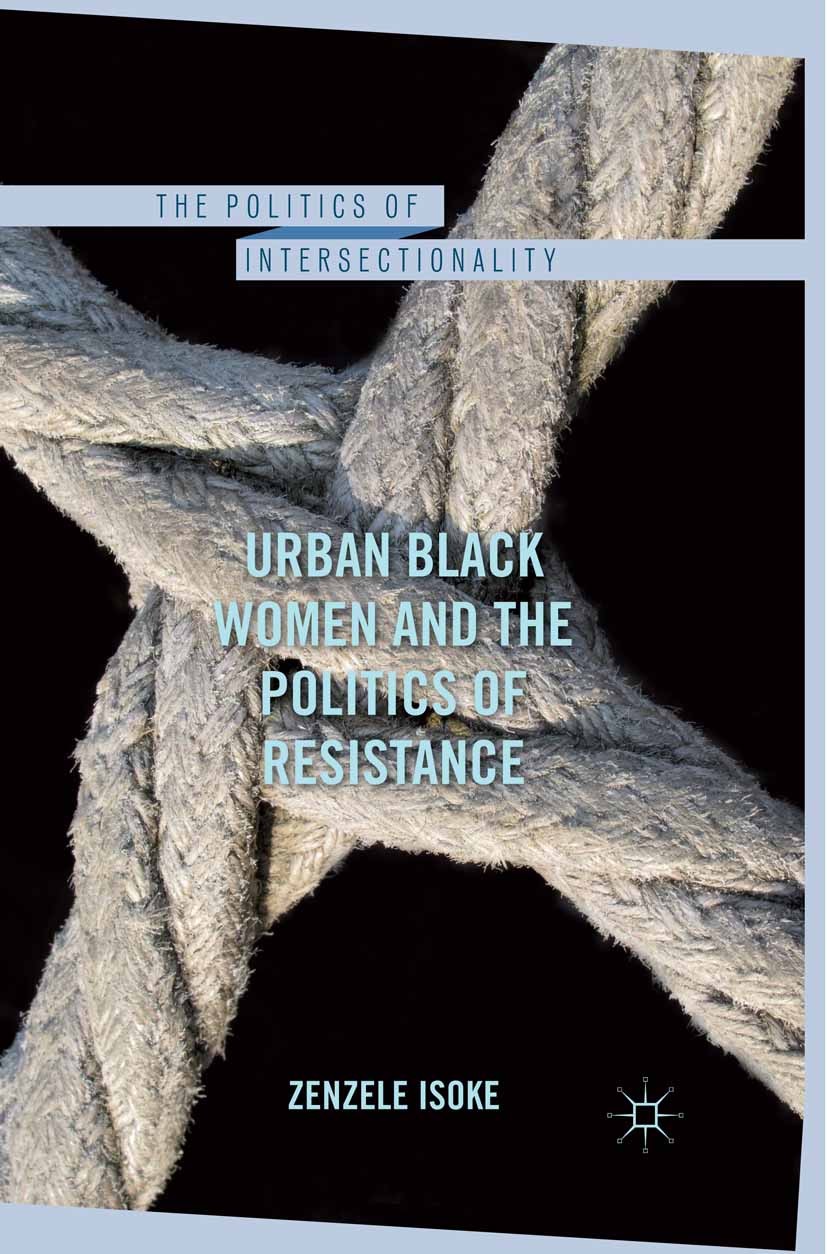Zenzele Isoke
Zenzele Isoke is a black feminist theorist, urban ethnographer, and political storyteller. Drawing from the ideas of black decolonial thinkers, Isoke writes the contemporary history of cities through the political struggles of self-identified black/queer women of the African diaspora. Writing across the fields of geography, political science, and urban anthropology, her scholarship spans several cities in the U.S., Middle-East, and the Caribbean. Her book new project: Unheard Voices at the Bottom of Empire develops a set of “counterpoetic” writing practices to theorize and explore black feminist politics through the mediums of collaborative art-making, breath and meditation, and conventional grassroots organizing in racially segregated urban spaces. She is author of Urban Black Women and the Politics of Resistance (Palgrave 2013). Her writing has been featured in several peer-reviewed journals and anthologies including Souls: A Critical Journal of Black Politics, Culture and Society, Transforming Anthropology, Gender, Place and Culture, among others. She is also the mother of two teenaged black girls, a (slowly) rising poet, and organizer in her own right. She is currently writing a genre blending memoir/self-help book now titled, “Head Above Water: Black Womanhood and the Afterlife of Childhood Sexual Abuse.” Dr. Isoke is Director of Graduate Studies in the Department of Women, Gender, and Sexuality Studies at the University of Minnesota.

As it Is Now: Too Many Guns, Too Much By-Pass
Zenzele Isoke's article was published in Lion's Roar: Buddhism Wisdom for Our Time. In her article, Zenzele Isoke calls on practitioners to challenge gun culture and “bring the precept of non-harming back into the very center of our ethics and our mindfulness practices.” She also published "The Ethics of Abortion: A Black Mama's Wise Contemplation", in Lion's Roar magazine.
Read more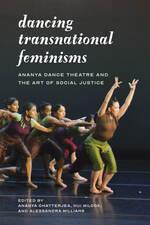
"Dancing Black Militancies: Meditation on Performance and Dance as Ecological Resistance" (with Naimah Petigny)
Isoke's article was published in Dancing Transnational Feminism edited by Ananya Chatterjea, Hui Niu Wilcox and Alessandra Lebea William; it was published by the University of Washington Press in 2022.
Read more here.Articles
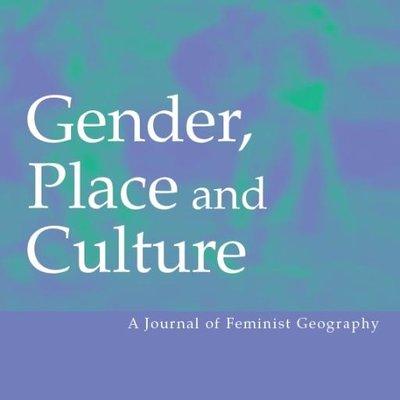
Can't I be seen? Can't I be heard? Black women queering politics in Newark
What does it mean for a black female to negotiate urban space? How is her body read, her politics enacted, and her agency understood and interpreted? How do black women use their bodies and identities to challenge structural intersectionality in US cities? To answer these questions, Dr. Isoke explores how black women embraced a set of oppositional spatial practices to resist the intersectional effects of misogyny, homo/transphobia, racism, and poverty in Newark, New Jersey. I reconstruct the creation of the Newark Pride Alliance, a local lesbian, gay, bisexual, transsexual and queer coalition that mobilized in 2003 and 2004, after the death of Sakia Gunn. Exploring migrations between ‘black women,’ ‘black queer’ and ‘black feminist,’ she examines how black women respatialized social capital and enacted resistance. Through semi-structured interviews and frame analysis, I explore how black women forged new relationships between queer youth and black vernacular institutions, and created political spaces in which honest engagement of issues of gender violence, poverty, and power could take place.
The article can be found here.
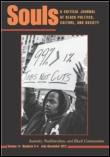
Women, Hip Hop, and Cultural Resistance in Dubai
This article uses an ethnographic methodology grounded in a transversal understanding of both black feminism and hip hop politics. Using ethnographic fieldwork, including interviews with eight black identified “third culture” women in Dubai, UAE, and featuring three of those interviews, I argue that hip hop provides an important point of encounter to negotiate local to local connections in ways that undermine the national boundaries erected by states and reinforced through racializing practices that are often expressed through the cultural logics of capitalist heteropatriarchy. These reciprocal interviews offer insights into commonalities and differences among black women in very different parts of the world, whose identities are shaped, in part, by their involvement in hip hop culture.
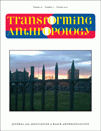
“The Politics of Homemaking: Black Women Transforming Politics in Newark, New Jersey.
In this paper, I develop a political theory of homemaking that attempts to make sense of how space, place, and identity shape black women's political activism. I examine and retell the spatial stories black women activists shared with me in order to clarify how gender and racialization impact black women's conceptions and practice of contemporary grassroots politics. I explore how memory and affect in shape black women's political work by carefully considering how black women's unique relationship to space and place inform how they define and deploy discourses of identity and community. I ask: What are the meanings that black women attribute to space and place? How do identity and affect impact the range of politics that black women pursue in urban landscapes? In response to these concerns, I construct a portrait of black female subjectivity using the perspectives of women who do political work in Newark's Central Ward. In this article, I focus on the narratives of four out of 29 women I interviewed between 2005 and 2007. These women represent three generations of activists, ranging in age from 26 to 70.
Book Chapters
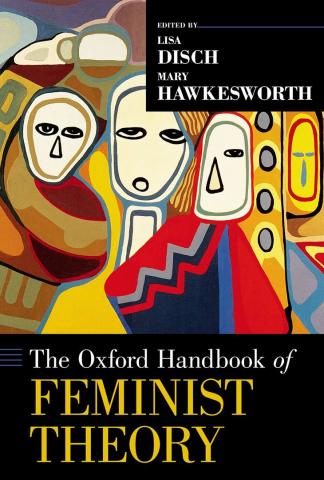
Race and Racialization
Racialization involves the production and justification of hierarchies of difference through appeals to notions of superiority and inferiority. This chapter considers multiple views of racialization, ranging from accounts of racial formation, intersectionality, matrices of domination, and assemblages to analyses of colonialism, enslavement, and capitalist accumulation by dispossession. In contrast to discredited biological notions of race, it draws attention to processes of racialization that are orchestrated through state policies and practices that subordinate, marginalize, and exclude particular groups while securing the dominance of other groups. The final section of the chapter examines violent racialization in the form of abusive and lethal policing practices, which are best understood as state terror that establishes the parameters of permissible hate.
Read more
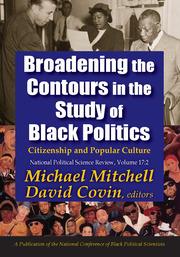
Making Knowledge without Master’s Tool
A first generation, non-elite HBCU-educated, working-class African American female born in Saint Louis and raised in Long Beach, the presence of Zenzele Isoke's work in libraries of the varied and esteemed institutions was a singular representation of her contribution, albeit small, to the world of scholarly discourse. This affirmation was important because Isoke strove to write Urban Black Women and the Politics of Resistance on her own terms and not those of a discipline whose "methods" have largely silenced the voices and made invisible the agency of Black women. Isoke use the broader conceptual paradigm of intersectionality to tell the stories of Black political women of Newark, and to give other Black girl scholars who find themselves in university libraries the faith and hope that they could do the same, and even better. Her treatment of intersectional politics specifically includes space and place as axes of power and identity that inform Black female political subjectivity.
Read more

